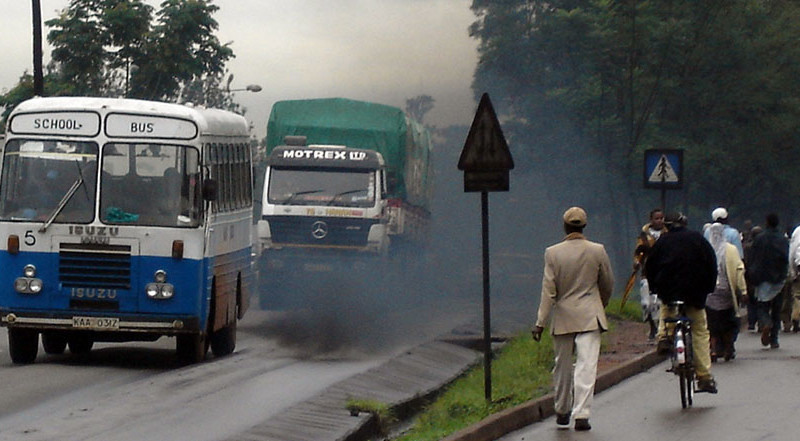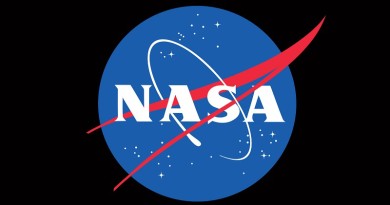Exporting Pollution: Dumping dirty fuels and vehicles in Africa
Today, a Swiss non-governmental organization, Public Eye, launched a report showing that clean fuels are being mixed with dirty fuel streams and other toxic substances in European ports for export to Africa. They call it “blending†– mixing dirty products with cleaner ones to achieve fuel with “African Specificationsâ€.
It is not only dirty fuels that are being dumped in Africa. Used vehicles of all sorts of ages and quality are being exported. Limited awareness and outdated or absent standards allow unscrupulous traders to make millions of dollars by exporting dirty products to the continent.
Dirty fuels and vehicles are resulting in major health impacts in African cities. African cities are urbanizing and motorizing more rapidly than any other continent. Outdoor air quality is quickly deteriorating, with vehicle emissions being a major source – often the major source.
The World Health Organization (WHO) estimates that 7 million people die prematurely every year due to air pollution, about half of this due to outdoor air pollution, and that 98 per cent of cities over 100,000 inhabitants in low and middle income countries exceed WHO standards for key air pollutants.
One of the biggest dangers comes from small particulates, which enter the bloodstream through the lungs and cause damage across the whole body. Recent studies have shown that some of these pollutants accumulate in the brain. Vehicles are a key source of small particulates – in Africa, dirty fuels and old vehicles emit up to 100 times more of these particulates than in places like Europe.
Public Eye found that highly polluting substances, such as the cancer-causing benzene, are mixed into fuels before being exported to Africa. Another key issue is the level of sulfur in fuels. In most developed countries, the level of sulfur in diesel is around 10-15 parts per million, but in the ports of Amsterdam, Antwerp and Rotterdam, traders are mixing diesel fuels that, when ready for export to Africa, can have sulfur content as high as 10,000 parts per million.
For example, diesel fuels shipped to Nigeria and neighbouring countries are at 3,000 parts per million sulfur. While this is not illegal, as standards in receiving countries are lacking or outdated and awareness is limited, it is unethical and unacceptable.
In Uganda, the average age of vehicles being imported into the country is 16.5 years. These vehicles may then be driven for another 20 years. Less than one percent of vehicles imported in Kenya are new, the other 99 per cent are used.
With a few exceptions, African countries import more used cars than new cars. Many come from Japan and Europe. Cars that risk to fail Japan’s stringent environment test are exported to Africa. There is an urgent need to regulate this trade. A four-year-old imported vehicle that is well maintained with reasonable mileage is quite clean, has modern technology installed, and would help leapfrog to cleaner technology in Africa. But a 16-year-old smoke-belching car is exporting pollution.
UN Environment hosts the Secretariat of the Partnership for Clean Fuels and Vehicles (PCFV), which is a leading global public-private initiative to promote cleaner fuels and vehicles. The PCFV has 73 partners: governments, the oils and vehicles industry, civil society and international organizations.
We are supporting over 60 countries in developing policies and standards. And while much progress is being made – to date 23 developing countries have adopted low sulfur diesel standards – the majority of countries still lack the standards to avoid the dumping of dirty fuels and vehicles.
Many will argue that it is the responsibility of the 100+ countries that do not yet have up to date fuels and vehicles standards to protect the health of their citizens. I beg to differ. It is the responsibility of both the importer and the exporter. As we continue to introduce and sharpen standards in African countries, we also need to see action from the mainly western exporters of dirty fuels and vehicles. We need the West and Africa to agree that cleaner fuels and vehicles are most welcome, and will save lives, but that the era of environmental dumping is over.
By Rob de Jong, Head of Transport Unit at UN Environment



